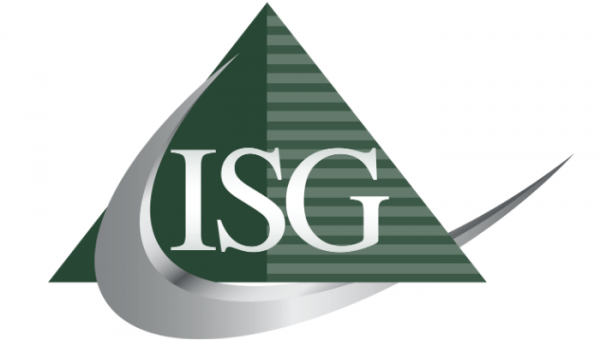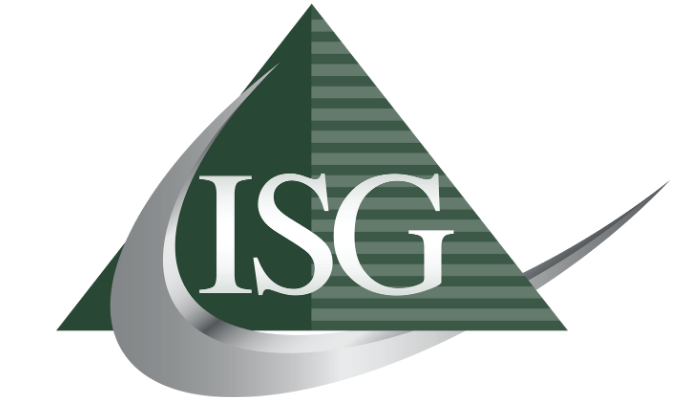ISG is exploring important factors to consider when selecting an IME partner. In part one of our three-part series, we explored provider network management and addressed whether size of the network matters and the importance of IME report quality. In part two we address why patient management is critical.
Part 2: Processes for Managing Appointments and Minimizing No Shows
Examinations Require Attendance
The second thing to consider when selecting an IME partner is how well the partner manages appointment scheduling and reminders. Quite simply, an IME cannot be completed if the patient does not attend the appointment.
A national IME partner needs to be well versed in every jurisdiction’s requirements for notifications and comply with all processes outlined in their regulation. It’s also important that processes are in place to manage appointment scheduling and reminders.
For instance, at ISG, we utilize an operating platform that allows us to navigate appointment dates and times to accommodate the schedules of injured parties. Our IME network allows us to give each injured party different appointment options. This demonstrates to the injured party, and potentially their legal counsel, that we are providing options to work around the patient’s work or family obligations, or any other barriers put up to avoid appointment scheduling.
During scheduling calls where ISG is setting up mutually agreed upon exam dates with injured parties and/or plaintiff counsel, extenuating circumstances may be uncovered that affect the injured party’s ability to attend the appointment or that could undermine the outcome of the IME. For instance, sometimes transportation can be a challenge for the injured party. Likewise, if English is the injured person’s second language, and the IME physician does not speak the patient’s native tongue, interpretation services may be beneficial to help ensure that language barriers are not provided as a defense. While these additional services incur additional claim costs, they can save money in the long run. When selecting an IME partner, make sure you choose a company like ISG that can seamlessly coordinate ancillary services, such as interpretation and transportation, when necessary, to increase success in timely appointment scheduling.
After an appointment has been scheduled, it’s imperative that notification letters and reminders are scheduled. ISG mails appointment confirmation letters in compliance with all jurisdictionally mandated timeframes and makes reminder phone calls both three and one day prior to the appointment. We also use text messaging as part of our communication strategy. Text messaging provides injured parties more accessible access to appointment information and can be automatically added to the injured party’s calendar with the push of a button. The use of text message reminders reduces no show rates and improves the injured party’s experience.
Finally, if an injured party is represented by an attorney, communication must be sent to the attorney as well. Like injured party notifications, ISG sends letters to legal counsel via regular and/or certified mail.
Our system records all contacts and notifications with injured parties and their legal counsel, and seamlessly integrates with customers claims systems so that all communications and claim statuses can be tracked in real-time within the customer’s own system.
Key questions you should ask when evaluating an IME partner include:
- How do you manage appointment scheduling and notifications?
- How do you manage appointment reminders? Do you have the capability to communicate via text messaging?
- What is your no-show rate?
- Does your system integrate directly into customer claims systems?
Click here to read part three of our series as we examine what type of technology and administrative support you should expect from your IME partner. Reach out to an ISG Representative for more information at: customerservice@isgvalue.com














